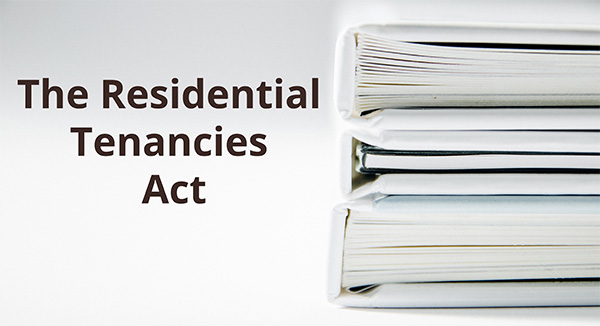The deadline of Phase 2 of the amendments to The Residential Tenancy Act is nearing, with more changes that into effect on 11 February 2021.
We have outlined these reforms in Phase 1 and some of the reforms in Phase 2, and we will continue to update you once Phase 3 nears effect.
Fibre broadband requests
In keeping with allowing tenants to make minor changes to rental properties, tenants now have the right to request fibre broadband be installed, and landlords must agree.
There are, however, occasions when the landlord can refuse this request. A landlord can refuse the request if the installation will:
- Come at a cost to the landlord
- Damage the structural integrity of the property
- Compromise the weather tightness of the property
- Breach body cooperate rules
The landlord can also decline the request if they have plans to start significant renovations within 90 days of the request.
Rental bidding
Phase 1 of The Residential Tenancy Act saw provisions to rent increases, which can now only be done every 12 months.
As of 11 February, there are new amendments on rental bids. Rental properties can no longer be advertised without a listed rental price.
Landlords are prohibited from influencing tenants to bid on the rental property, meaning they cannot encourage prospective tenants to pay more than what was originally advertised.
Tenants are allowed to offer more than what the landlord listed, just as long as the landlord didn’t persuade them.
Privacy and access to justice
Suppression orders to remove names and identifying details from any published Tenancy Tribunal decisions can now be applied either by the party involved or the Tribunal.
This amendment only applies if a party has been wholly or substantially successful in proceedings or if it is in the public’s best interest.
Landlord records
Under the new reforms, a landlord not providing a tenant with a written tenancy agreement will have committed an unlawful act. By not having the written tenancy agreement, the landlord becomes liable to exemplary damages or infringement fees.
Along with this document, landlords must also provide tenants with:
- A breakdown of any fees (i.e., agreement to assignment, subletting, or ending tenancy fees)
- Records of the healthy homes standards (only on request)
- Records of building work that requires building consent (i.e. electrical work, gas fitting, plumbing)
- Any advertisements of the tenancy
These documents must be retained throughout the tenancy and for 12 months after the termination of the tenancy.
Assignment of tenancy
All requests to assign a fixed-term tenancy agreement must be considered, and landlords cannot decline if the request is reasonable.
This reform cannot be avoided by having an agreement that prohibits assignment.
It has certainly felt like a lot for landlords, especially considering these have been some of the tenancy act’s most significant reforms in 35 years.
At Angel, our experienced team of property managers can help guide you through these reforms. Our knowledge of rental law and legislation means your property’s legal standing will be well taken care of.

